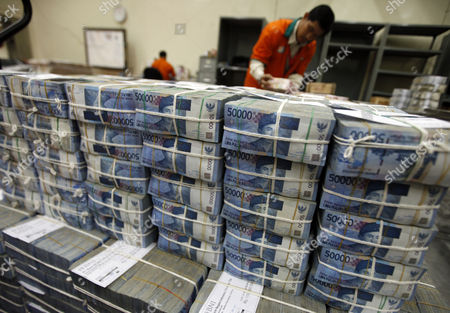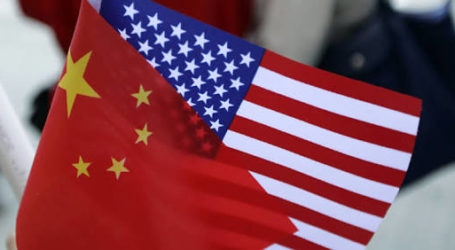Business Leaders Dismiss Suggestion of Rupiah Free Fall

Jakarta, MINA — Director of APINDO Research Institute Agung Pambudi said the business people were optimistic that there would not be rupiah free fall as feared by many as a result of the global economic turbulence, Antara News reported.
“We have heard opinions of friends among exporters and importers as well as economists and consultants. Now we are still confident that the voice of the government is still in line with us that there would be no free fall, but very gradual,” Agung said here on Thursday.
He said rupiah depreciation is still within control and in addition, the government is firm not split in opinion that give confidence to the business players and investors.
“The business players would get panic when there is split in opinions at ministerial level. The finance minister , trade minister and the Central Bank still are still united,” he said.
Rupiah closed at the level of 14,938 per U.S. dollar on Wednesday weakening from the level of 14,893 in the previous day.
Agung said one of the factors triggering the rupiah fall in value was the trade war between the United States and China.
The government has to be more careful in facing escalation of the trade war between the two world`s largest economies, he said.
“We have to continue to be careful not to get involved , otherwise we could be pinched between two fighting giants,” he said.
Indonesia is not yet in a position to take retaliatory measures in import tariffs, he said.
Meanwhile, the business people should have started to be serious in expanding export market to non traditional markets such as Africa and Latin America, he said.
Some business players have succeeded in expanding export market but they are not many, he added.
“Non traditional markets are quite potential, but for which products have to be more diversified. Unfortunately many companies still are reluctant to take the risk as the risk of opening new market is high,” he said. (T/RS5/RS1)
Mi’raj Islamic News Agency (MINA






